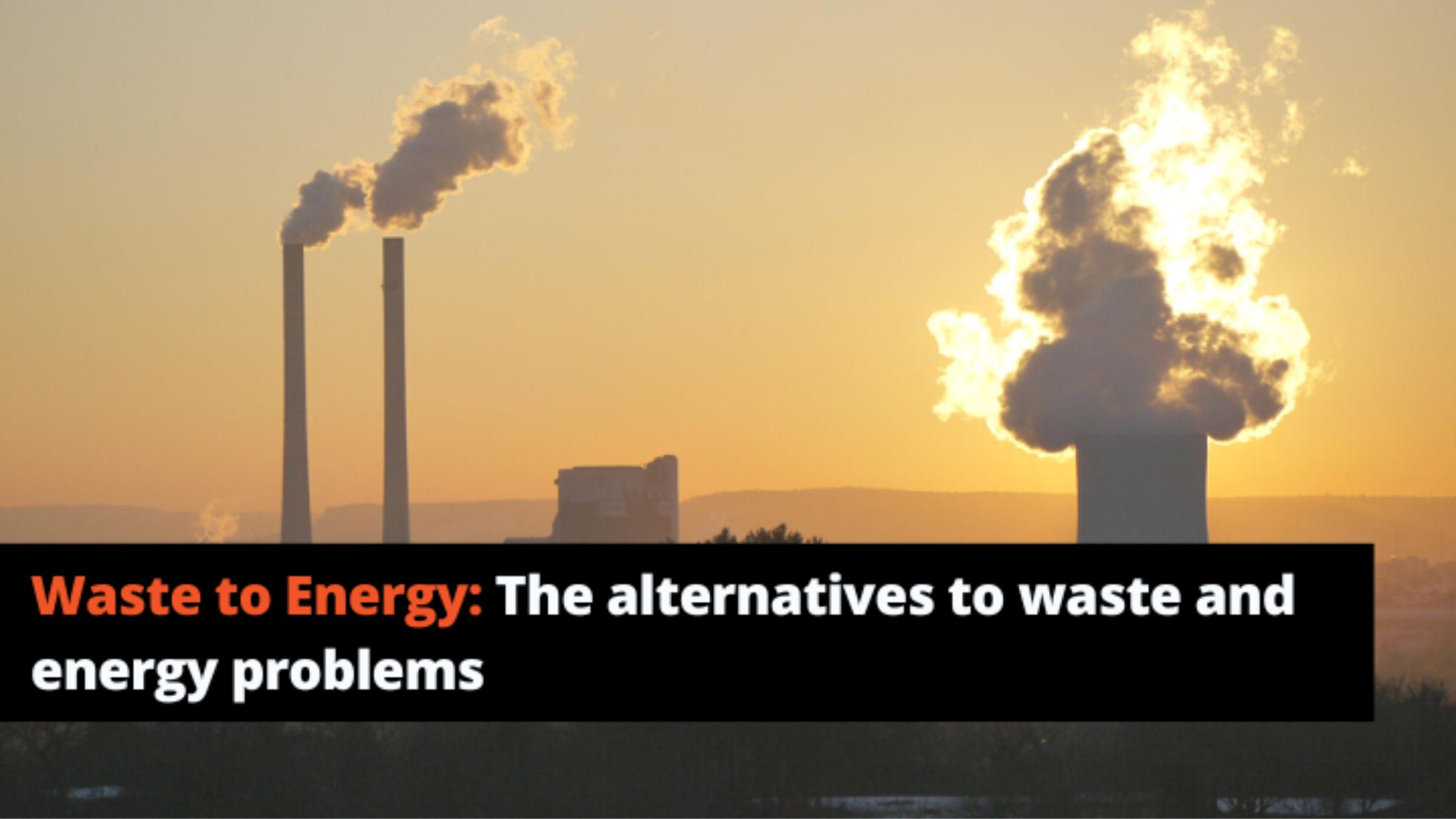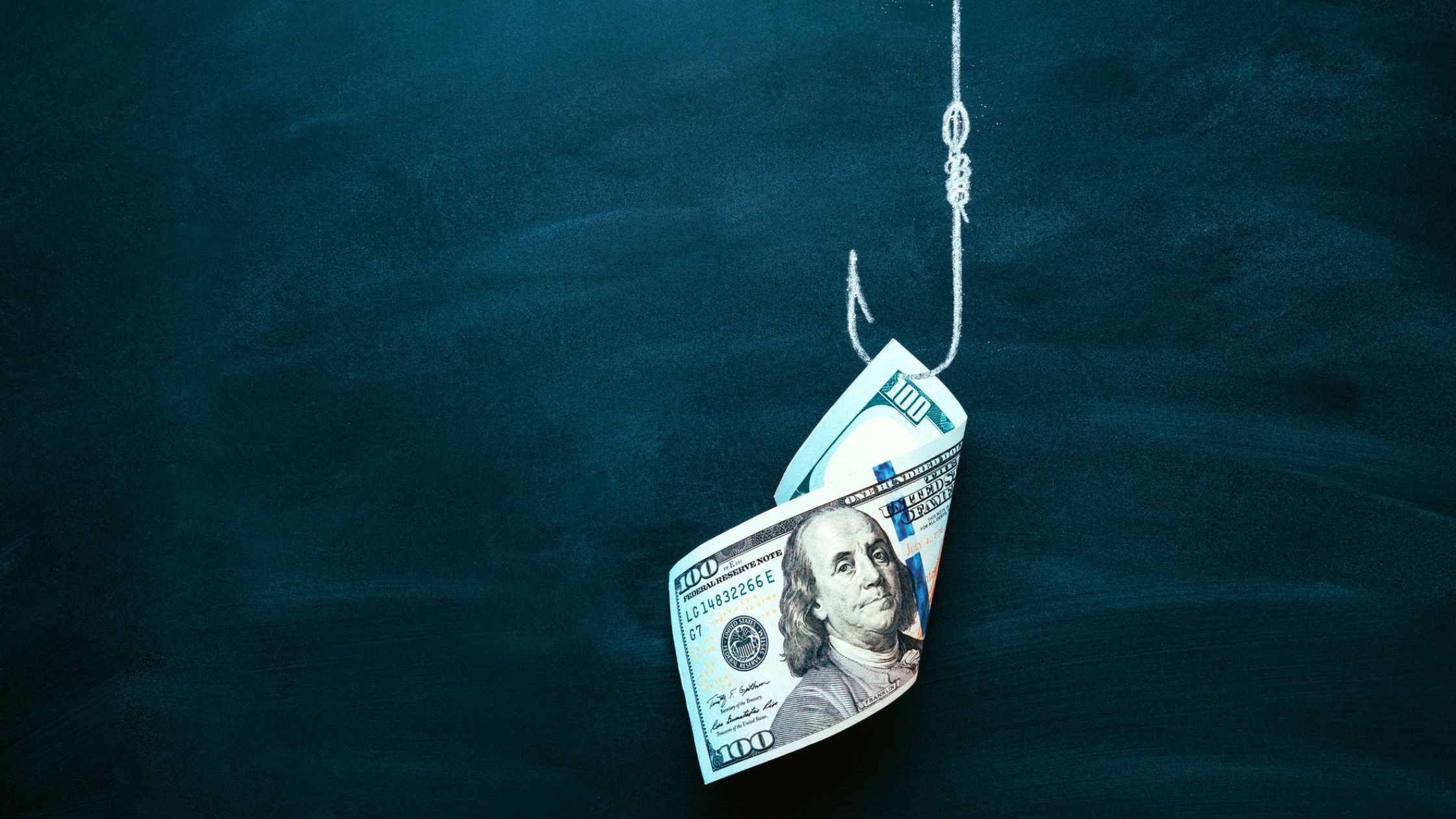August 16, 2022
The Royal Decree No. 750 (B.E. 2565) issued under the Revenue Code regarding income tax exemption on investment in Thai startups (the “Royal Decree”) was recently published in the Government Gazette, in cases where the funding for the startups is provided directly or indirectly through Venture Capital (VC), Corporate Venture Capital (CVC), or private equity trust (PE Trust). This Royal Decree aims to unlock capital gains tax on investment in startups under the Royal Decree No. 597 (B.E. 2559) and No. 636 (B.E. 2560). These tax benefits are effective for ten accounting periods until 30 June 2032. The cabinet anticipates that these tax privileges will facilitate Thai startups to raise more funds from both Thai and foreign investors, leading to faster growth in gross domestic product (GDP) in Thailand, and an increase in the number of workers employed in Thailand. In order for the target investors to obtain tax exemptions for their investments in Thai startups, the criteria for a startup, the target investors, tax benefits and conditions, and exception conditions can be summarized below. 1) Startup A startup must engage in the target activities supported by the relevant government agencies as prescribed by the Committee on Policy for National Competitive Enhancement for Targeted Industries, which must use technology as the basis for their production process and services pursuant to regulations stipulated by the Director-General of the Revenue Department (the “Targeted Industries”). The government authorities which will be responsible for the issuance of the certification of the target activities are the National Science and Technology Development Agency (NSTDA) and the National Innovation Agency (NIA). Currently, there are 12 Targeted Industries as prescribed under... August 16, 2022
With its increasing population and urbanization, Thailand cannot escape from the mountains of solid waste generated in households and in communities across the country. The inappropriate disposal of solid wastes will cause serious ramifications which would be a national nightmare, such as air pollution, water pollution and contagious diseases. All of these issues are harmful not only in the environmental scale, but also in respect of the public health of each domestic sector. The government has foreseen this catastrophic event and thus declared the solid waste problem as one of its national agendas. In compliance with the first revision of the Power Development Plan 2018 (the “PDP 2018 Rev. 1”), which aimed to improve energy efficiency and foster sustainable energy and, importantly, to encourage the participation of the public with respect to energy projects, the meeting of the National Energy Policy Council (the “NEPC”) no. 3/2022 held on May 6, 2022 approved the Feed-in Tariff (the “FiT”) for waste to energy project (the “WTE Project”) under the PDP 2018 Rev. 1. This approval allows the very small power producer (the “VSPP”) and the small power producer (the “SPP”) to sell the electricity generated from solid waste from the approved 34 WTE Projects to the Electricity Generating Authority of Thailand (the “EGAT”), Metropolitan Electricity Authority (the “MEA”) and/or Provincial Electricity Authority (the “PEA”) (collectively, the “Electricity Authority”) and receive payment for the sale of electricity on the FiT basis, with the total collective capacity of 282.98 MW and the Scheduled Commercial Operation Date (the “SCOD”) between 2025 and 2026. Following this, the NEPC authorized the Energy Regulation Committee (the “ERC”) to introduce rules and regulations in relation... August 11, 2022
On June 9, 2022, Thailand delisted both cannabis and hemp plants, their unprocessed parts, and carved out extracts containing low tetrahydrocannabinol (THC) level (i.e. < 0.2% by weight) and seed oils derived from cannabis or hemp plants in Thailand from the Narcotics Code, officially becoming the first country in Asia to legalize the cultivation, sale and utilization of the plant for medical and other permitted purposes. For centuries, cannabis was used in Thailand in the form of traditional medicine, until it was banned in the 1930s due to international pressure. In 1979, Thailand’s Narcotics Act specifically designated cannabis and hemp as Category 5 illegal substances. Under this Act, the production, trade or possession of cannabis and hemp was considered a criminal act punishable by heavy fines and/or prison sentences. Thereafter, all activities related to cannabis plants and their derivatives have been highly regulated until a gradual relaxation of the applicable laws over the last few years. A market ready to get high The global hemp market was valued at USD 4.75 billion in 2020. Allied Market Research anticipates strong growth ahead, and predicts that an average annual expansion of 21.6% in the global market will expand the market to a record high of USD 18.6 billion by 2027, although this is still somewhat low compared to the world trade in cannabis. By 2025, the Thai market for hemp is forecasted to have a value of THB 15.77 billion1. The ‘Global Cannabis Market’ report estimates that in 2020, the global cannabis trade was worth USD 22.9 billion, split between USD 6.12 billion from medical marijuana (26.7% of the total) and... August 11, 2022
Conflict of interest A “Conflict of Interest” is defined as a real or seeming incompatibility between one’s private interests and one’s public or fiduciary duties (Black’s Law Dictionary – Ninth Edition). There is no statutory definition of conflict of interest under the laws of Vietnam. Actions constituting conflicts of interest are only indirectly regulated in the form of certain prohibited activities in various legal documents such as the Law on Cadres and Civil Servants 1 or the Law on Anti-corruption 2 which governs the activities of cadres and civil servants in the Governmental system. There are also provisions in the Law on Enterprises 3 governing the activities of people holding management positions in enterprises. However, in Vietnam an employee could potentially be sanctioned under the Civil Code, the Labor Code, or even criminalized under the Penal Code for the following conflicts of interest: An employee who establishes a competing business that provides the same goods or services as those of the employee’s company in the common market; The use of the proprietary information of the company, or that obtained during employment in the company, to benefit the employee’s business or the business of his/her relatives or friends; Providing goods or services to the company’s providers or clients through the business of the employee or his/her relatives or friends; Taking advantage of the employee’s position or power in the company to do business with a third party and which is not in the company’s interests; Utilization by the employee of his/her position and power in the company to allocate key employment positions, such as managers/executives, accountants, cashiers, or storekeepers, to his relatives, friends, or others for the... July 18, 2022
Taiwan’s Judiciary Says Intellectual Property Complaints Can Be Made Online The Judicial Yuan’s electronic litigation and online indictment platform has begun taking complaints about intellectual property infringements. This new service is partly in response to the Covid-19 pandemic and also because digitization is more environmentally friendly. For civil and administrative suits involving intellectual property, the system receives requests to upload only legal documents involving provisional attachments, the preservation of evidence, provisional injunctions maintaining a temporary status quo, and the enforcement of a suspension of action. In the event that the plaintiff in an intellectual property case agrees to an administrative lawsuit, the Intellectual Property and Commercial Court can also upload the litigation documents and the official copy of the ruling to the platform. Once the upload has been completed and the files are in the system archives, it is considered legally binding and any rulings on the document would be effective immediately. The Judicial Yuan has urged the public to use the platform as it is in accord with the government policy of becoming carbon neutral by 2050. TIPO Publishes Patent Applications Data. The Intellectual Property Office in Taiwan has published the statistics for patent applications for the first quarter in 2022. In that time period, TIPO received a total of 17,498 patent applications which was a 2% increase year on year. There were 12,534 invention patent applications (a 5% increase), 3,328 utility model patent applications (a 6% decrease), and 1,636 design patent applications (a 5% decrease). 8,983 patent applications were filed by foreign applicants, which was an increase of 7% mainly attributed to a jump in the number... July 18, 2022
The Philippines had its fair share of financial fraud scandals. Only recently, in December 2021, one of the largest banks in the Philippines was hit by a cyber fraud attack by hackers who illegally transferred funds from the accounts of more than seven hundred of its clients. In 2019, an investment scam tricked around five million people to make “donations” with a promise of “blessings” equivalent to 30% of their donations to be paid out every month and for life. These recent challenges faced by Filipino financial consumers were the motivation behind the recently passed Financial Products and Services Consumer Protection Act (Republic Act No. 11765). Through this law, aggrieved financial consumers are now provided with what promises to be a faster way to recover their money. Instead of immediately resorting to the filing of a civil case in court and waiting for months to get a decision, they may now file an action with the Bangko Sentral ng Pilipinas (BSP) or the Securities and Exchange Commission (SEC). The law has given the BSP and the SEC the authority to adjudicate actions arising from or in connection with financial transactions that are purely civil in nature, and the claim or relief prayed for by the financial consumer is solely for payment or reimbursement of a sum of money not exceeding the amount of ten million pesos (P10,000,000.00). Recovery of the financial consumers’ money is also made faster by the fact that the decision of the BSP or the SEC has been declared by law to be final and executory, and the BSP or the SEC may order the payment or... Upcoming Events
Recent Past Events
















